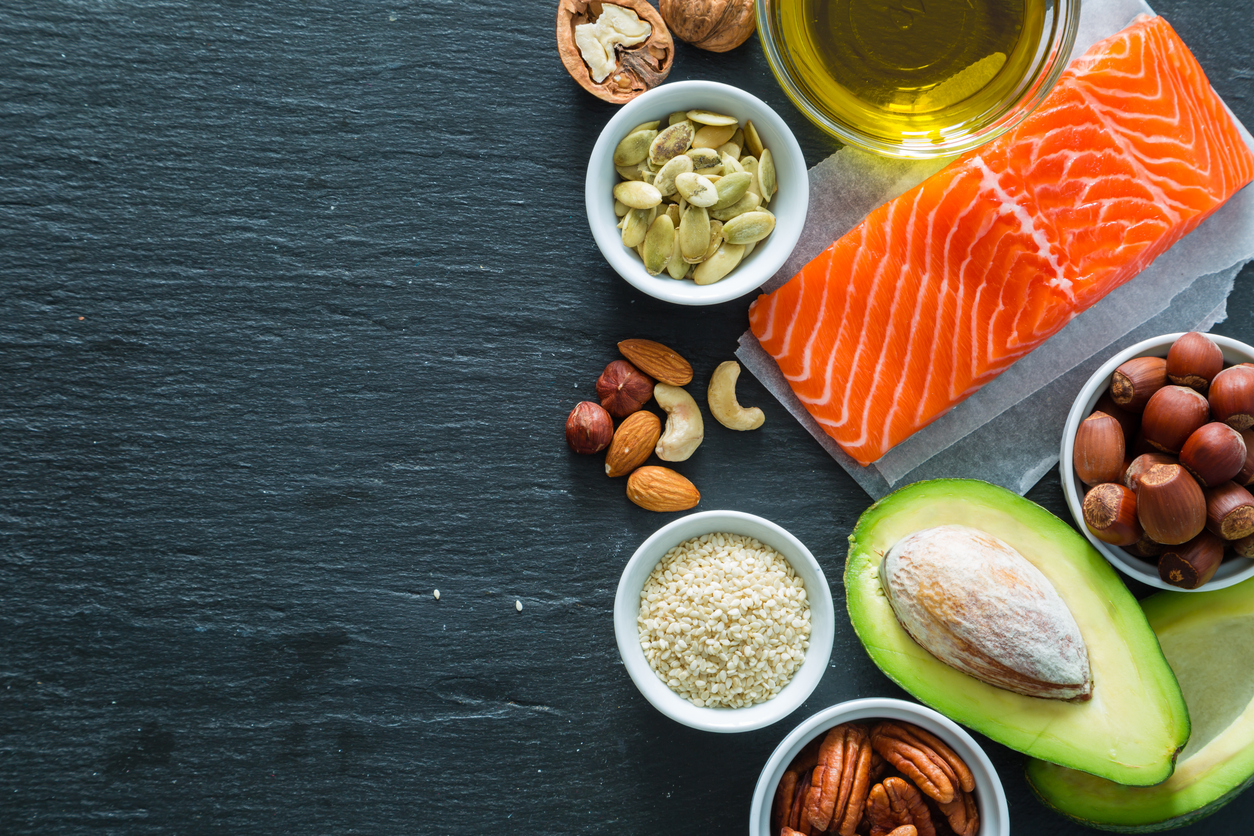[Editor’s Note: Responses have been edited for conciseness and clarity.]
Navigating labels and digging through the latest health trends can get confusing fast. That’s why we’re talking with Dallas nutritionists, dietitians, and other health professionals to make sense of it, topic by topic.
It seems like everywhere you turn, you’re inundated with a new diet. One of them ensures that a cookie with breakfast will help you she the pounds, while another recommends drinking nothing but lemon juice and cayenne pepper. Inevitably, we’re all confused: Are they sustainable? Are they actually healthy?
We spoke to three Dallas nutritionists to find out what they really think about four popular diets: paleo, Whole30, ketogenic, and the DASH Diet.
Paleo Diet
The Nutritionist: Lona Sandon, PhD.,assistant professor of nutrition at UT Southwestern
With a paleo diet, you’re getting back to the basics by eating like people did before things like Chick-Fil-A and milkshakes existed. Heavy on lean proteins and vegetables, the paleo diet promotes meats, seafood, fresh produce, eggs, nuts, seeds, and some healthy oils.
“I like that it might get someone to eat more non-starchy fruits and vegetables, and I like that it promotes lean meats,” said Lona Sandon, assistant professor of nutrition at UT Southwestern. Sandon says the diet promotes healthy messages when it comes to focusing on consuming lean meats, fish, and better sources of proteins—but the jury is still out on whether or not it’s sustainable or good for long-term health. Instead, Sandon promotes focusing on food sources and consuming a healthier variety instead of restricting yourself to certain food groups.
The Bottom Line: “Eat more healthy lean proteins, more non-starchy vegetables, and some fruit,” Sandon says. “Really focus on where your carbs have come from in the past.”
Whole30 Diet
The Nutritionist: Susan Rodder, PhD., assistant professor of nutrition at UT Southwestern
With the popularity—and controversy—this diet plan has received, you’ve likely heard of Whole30. For one month, you restrict dairy, grains, added sugar, legumes, and chemicals from your diet for a clean reset. But Susan Rodder, an assistant professor of nutrition at UT Southwestern, is a little wary of Whole30. “I do agree with less processed foods, more seafood, and more vegetables,” she says. “But there are many benefits of eating beans and legumes and whole grains. It also promotes so much red meat and salt. Let’s eat less red meat and salt.”
If you’re planning to start Whole30, Rodder recommends taking advantage of the encouraged consumption of seafood, especially when it comes to deepwater fish, but she warns against a permanent diet that’s Whole30-approved. “As a clinician who reflects evidence-based diets in cardiology, I like more of an individualized, Mediterranean diet,” she says. “If a patient has a diet like Whole30 that they like, I’ll try to educate them to expand upon it.”
The Bottom Line: “You have to have something you can behaviorally sustain, something that you can do for a longer period of time,” Rodder says.
Ketogenic Diet
The Nutritionist: Lona Sandon, PhD., assistant professor of nutrition at UT Southwestern
You’ve seen traces of the ketogenic diet floating around fitness blogs and Instagram profiles. This is a high-fat and low-carb diet that promotes quick weight loss by keeping the body in a state of ketosis (when the body is fueled almost completely by fat). Sandon isn’t a fan of the ketogenic diet and says it was originally created to help children with seizure disorders. It’s not meant for the average healthy adult. “Getting the body to the point of ketogenesis is not a normal state,” she says. “It is an adaptive state to starvation. A chronic low-calorie diet is not one that is necessarily health-promoting.”
According to Sandon, following a ketogenic diet is too restrictive for people with general health, and it’s hard to meet the general recommendations for macros and nutrients while on a ketogenic plan. While you might feel less hungry after a week or so on the diet, there’s no telling what the diet can do long-term.
The Bottom Line: “I am not a fan of saying that people should adopt this,” Sandon says. “It’s very restrictive and doesn’t promote intake of fruits, vegetables, and whole grains for disease prevention.”
DASH Diet
The Nutritionist: Jennifer Neily, MS, RDN, LD, FAND
The DASH Diet, or Dietary Approaches to Stop Hypertension, is popular among nutritionists and dieticians, and allows for flexibility, eating real food, and helps prevent high blood pressure, heart disease, and stroke. Nutritionist Jennifer Neily caught us up on the DASH Diet and told us that it “is a sustainable way of eating that is balanced, flexible, good for the heart, and may just keep you alive. It does not discriminate against any food group, instead emphasizing some while limiting others.”
If you’re wanting to start on the DASH Diet, Neily recommends that you stock your grocery cart with fresh and frozen fruits and veggies, dried beans and legumes, nuts, seeds, whole grains, dairy, and lean protein.
The Bottom Line: “My advice is to quit looking around for the proverbial quick fix,” Neily says, “Every diet will only make you miserable to be around, obsessed with being a perfect way (perhaps a way you’re not meant to be). As I remember hearing once, some people were born greyhounds and some St. Bernards. The St. Bernard will never be that greyhound—ever.”





